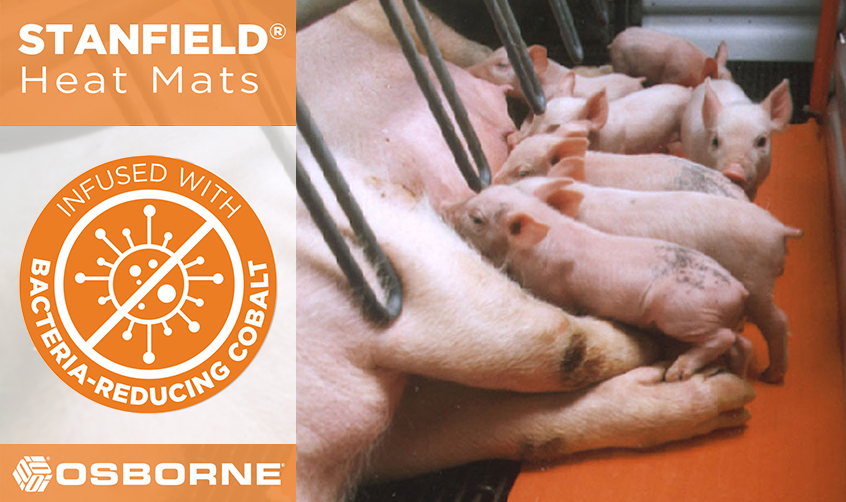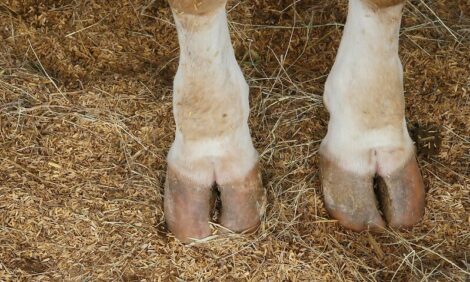



Flood-battered farmers in southern Brazil wade through lost harvests
500,000 people displaced by flooding in Rio Grande do SulAfter three days of ferocious rains, Edite de Almeida and her husband fled their flooded home in early May and let loose their humble dairy herd on higher ground. Nearby, the waters rose above her head and within a day they were lapping at the roofs of houses, Reuters reported.
Record-breaking floods in southern Brazil, the result of weather patterns intensified by climate change, have only started to recede after displacing half a million people in the state of Rio Grande do Sul and killing more than 160.
The full extent of the losses is still coming into focus, especially in rural areas where farmers like Almeida and her family produce much of Brazil's rice, wheat and dairy.
Of her 60 egg-laying hens, just eight survived. Their cows have nowhere to graze in the flooded landscape.
"I'm not mourning. I'm grateful, because there are many who lost far more than us," Almeida said. "I'm grateful we survived and I mourn for those who lost family."
"Now the priority is to save the animals. The calves are still nursing," she added.
Her husband Joao Engelmann has made a daily trek by foot, tractor and boat to bring the herd whatever food he can find. He returns sopping wet each night after wading with friends through their farms, helping to haul away perished livestock and tend to the survivors.
One neighbor found a dead hog in his bedroom. All around, fields of rice and vegetables have been washed away.
Theirs were among the nearly 6,500 family farms flooded by this month's torrential downpours, according to analysis of satellite data by consultancy Terra Analytics.
The floods have rattled agricultural markets as they disrupted soy harvesting, washed out silos, snared farm exports and killed over 400,000 chickens. The government is lining up rice imports to blunt the impact on national inflation figures.
The washed out farms and roads around the state capital Porto Alegre have contributed to food and water shortages in the area, adding to the crisis disrupting the lives of more than 2 million people.
Parts of the state saw more than 700 mm (28 inches) of rain so far this month, national weather service INMET reported – more than London's average rainfall in a year.
As the floodwaters began to retreat in recent weeks, Almeida got a first glimpse of her ravaged home, with the walls stained, appliances wrecked and belongings coated in mud.
"I can't think about the future. That belongs to God," Almeida said. "I don't expect to have again what I had before. We're starting over," she added, grimacing through tears.
Starting over
Almeida and Engelmann know what it means to start from nothing.
They met in the 1980s at one of the first encampments of the Landless Workers' Movement in central Rio Grande do Sul, where the movement - the largest of its kind in Latin America - got its start, occupying rural properties to demand land reform.
They married and had their first children in that camp, called Cruz Alta, before the state government gave them permission to settle in Eldorado do Sul, about 70 km (45 miles) west of Porto Alegre.
They are among 30 families in the settlement who produced enough rice, vegetables, milk, eggs and pork to make a living, build and furnish homes and send their children to university.
The floods have left all of that hanging in the balance.
Almeida, Engelmann and their daughter are sleeping on a truck bed in a neighbor's warehouse, improvising a domestic routine as they put their lives back together.
"I've been through all this in the encampments - the challenges to cook, to sleep. I learned to live that way. But I didn't think I'd be doing it again," Almeida said.
One of her closest friends, Inacio Hoffmann, 60, was just four months into retirement when the floods tore through his farm, killing 13 of 22 dairy cows.
"It's so bleak to haul off and bury these creatures that we took care of every day," said Hoffmann. He is weighing whether to leave it all behind and try a new life elsewhere.
Almeida said her family is determined to stick it out.
"We've come from nothing. We've returned to nothing. Now we start again."










